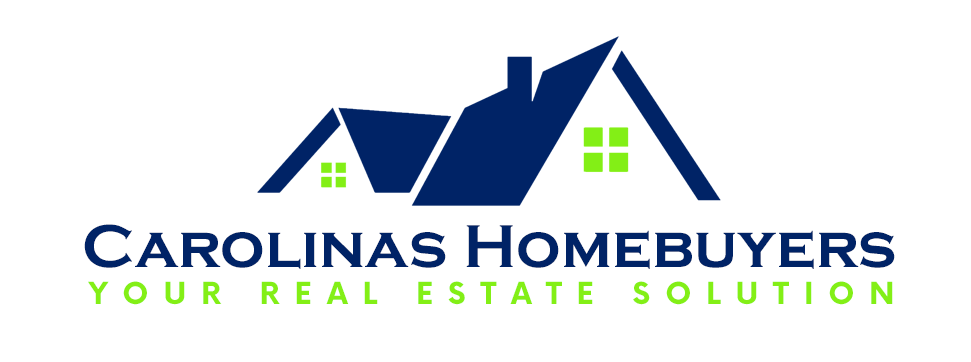While most people understand that real estate is an investment, many people are taking advantage of the qualified retirement accounts to purchase real estate as an appreciating or revenue-generating instrument like IRAs.
It’s really important to understand the tax implications, legal ramifications, and various other intricacies of purchasing South Carolina real estate within your IRA.
So, let’s dive into some tips on buying real estate with your IRA in South Carolina South Carolina!
Tips on Buying Real Estate With Your IRA in South Carolina
If you don’t have a self-directed type IRA… first off… you’ll need to connect with your trusted financial advisor to find a reputable and low fee self-directed IRA. Or, connect with us and we can direct you to some very good self-directed IRA companies we’ve worked with in the past.
Open a Self-Directed IRA
The first step for purchasing investment properties in South Carolina within your IRA is to open a “self-directed” IRA. You can do this by visiting a qualified financial advisor or other trusted fiduciary to act as the IRA custodian. A fee-only financial advisor can help you set up this account with minimal hassle, while a commission-based financial advisor may attempt to steer you clear of purchasing tangible assets within your IRA (he or she won’t earn much on the investment).
Types of Properties You Can Buy With Your IRA and Rules
You can own a wide variety of properties within your IRA, including residential, commercial, and industrial structures, as well as unused land. Many savvy investors choose to purchase parking lots, storage unit facilities, and other types of property that require little maintenance but generate steady income.
Your IRA cannot own any home where you live or vacation. Legally, you aren’t even allowed to spend one night in the property. You cannot avoid this restriction by “renting” the property from your IRA, or renting to your spouse, children, grandchildren, parents, or grandparents, nor can you use an IRA to purchase a property from close family. You could, however, rent property to a sibling, cousin, or friend. A solution that many investors implement is to purchase a home for their IRA, rent it out for income until retirement, then assume residence upon retirement.
How Does Income Work With Real Estate In An IRA?
The income generated in your IRA may not be used for your “personal current benefit.” This means that all income generated by the property must remain within the IRA until you retire. Selling the property will require you to leave all profits within your IRA. Also, property taxes, insurance, improvements, and other costs associated with the property must be paid by the IRA. Failure to comply with these regulations could disqualify your IRA, subjecting you to income taxes on the entire value of the property, plus a 10% early distribution penalty.
It’s important the all distribution rules associated with an IRA (or Roth IRA) including taxation, required minimum distributions, beneficiaries, and other factors do not change when using a self-directed IRA to purchase a property. There can be a huge upside to real estate in your IRA, but it’s best to know exactly what’s in store.

